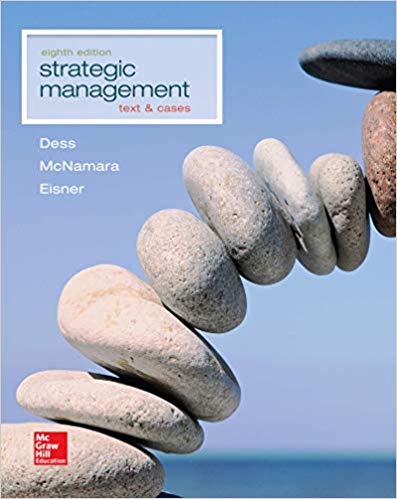Answered step by step
Verified Expert Solution
Question
1 Approved Answer
Alb-Air is a low-cost airline that employs an average of 1,000 flight attendants on its aircraft. However, the exhaustion and the very ordinary salary

Alb-Air is a low-cost airline that employs an average of 1,000 flight attendants on its aircraft. However, the exhaustion and the very ordinary salary lead to a high turnover rate: once trained and in post, the flight attendants only stay with the company for an average of 2 years. Alb- Air must therefore train new employees regularly and in an economical way. Following the mandatory 6-week training, a new employee will take 1 week of paid vacation and then be placed in the pool of available employees who will start as flight attendants leave, after their average length of service of two years. Alb-Air pays new employees $125 per week while they are interns (six weeks training + one week vacation + time spent in pool of available employees before starting on the job). A training session requires a team of 10 instructors and 10 assistants. The salary for an instructor is $220/week and $80/week for an assistant. The training team is only paid for the training periods it gives. In addition, the salary of instructors and assistants is independent of the number of new employees who attend a training session. It is also independent of the number of sessions offered at the same time. The other costs of holding a training session are negligible. Suppose there are 50 weeks in a year and the number of applicants still exceeds the demand for flight attendants. 1. Use the QC model to calculate the optimal size of a training session, the number of sessions to offer per year, and the time between each training session. Also estimate the total annual cost of this strategy. Note that in this context, this annual cost has three components, similar to the total inventory cost: Orders, Warehousing and Acquisition. Hint: Start by estimating the inputs of the QEC model (D, S, H and C). 2. Modify your solution slightly so that there is only one training session at a time. Calculate the size of these sessions and the total annual cost. Compare your result with that of the previous question.
Step by Step Solution
There are 3 Steps involved in it
Step: 1
To solve this problem using the Quantity Economic Order Quantity QEC model estimate the inputs D demand S setup or training cost H holding or carrying cost and C cost per unit 1 Optimal Size of a Trai...
Get Instant Access to Expert-Tailored Solutions
See step-by-step solutions with expert insights and AI powered tools for academic success
Step: 2

Step: 3

Ace Your Homework with AI
Get the answers you need in no time with our AI-driven, step-by-step assistance
Get Started


